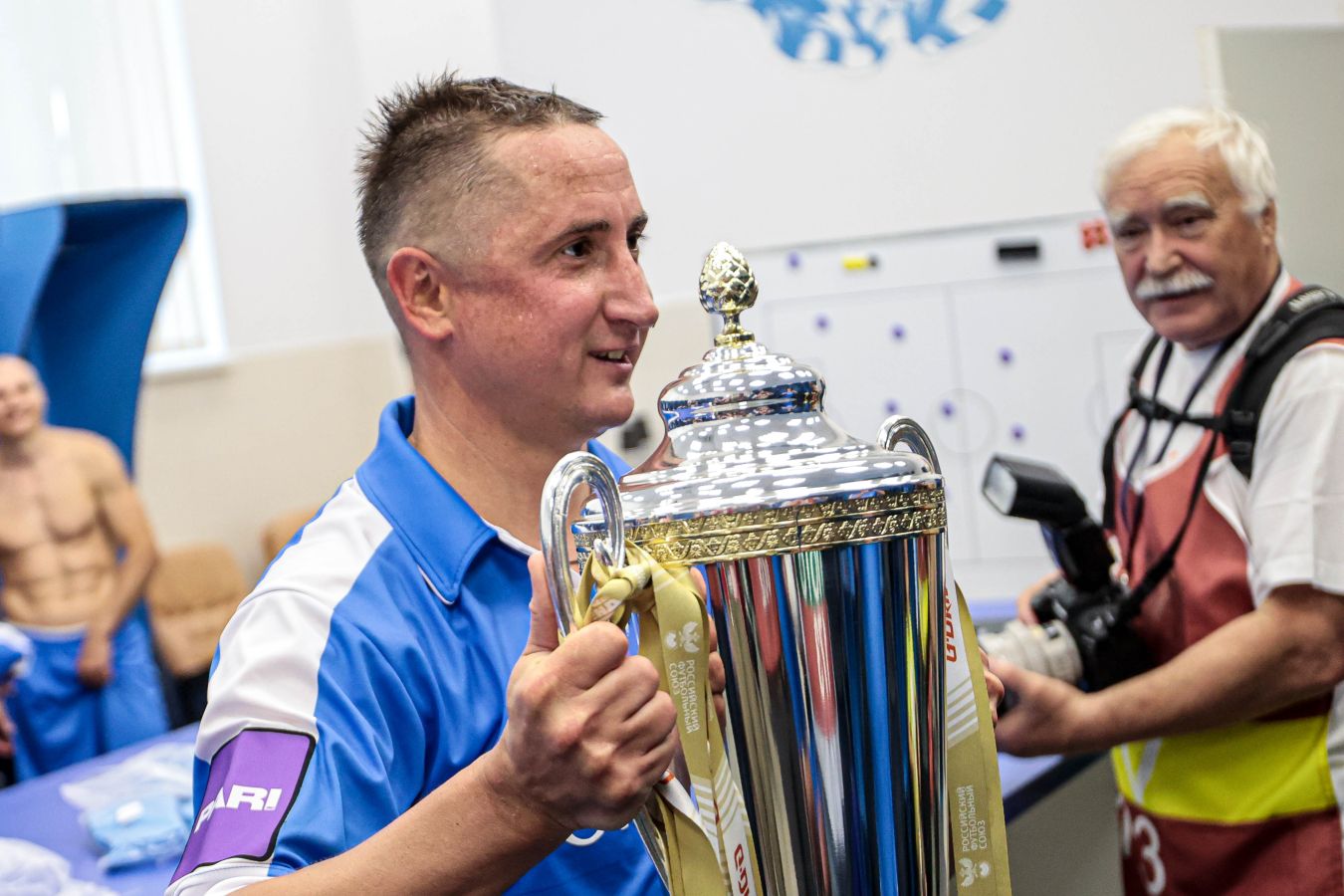Mason is a typical five-year-old, as described by his mother, Emily.
He enjoys a variety of activities including dance, gymnastics, arts and crafts, riding his scooter, cheering for Arsenal, dressing up, and baking.
However, Mason, who resides in Islington in north London, is in urgent need of a potentially life-saving stem cell donor with a perfect 10/10 match to help treat his severe congenital neutropenia, which is a rare blood disorder.
“I just want him to experience a normal childhood – this has been his reality, but the frequent hospital appointments, surgeries, tests, cannulations, and injections should not be part of that,” Emily expresses.
Mason’s condition puts him at significant risk for serious bacterial infections, as well as a heightened chance of developing leukemia and other forms of cancer.
A stem cell transplant is intended to substitute unhealthy or damaged bone marrow with healthy stem cells, which will in turn produce new blood cells, alleviate his symptoms, and reduce the likelihood of leukemia emergence.
Due to his mixed heritage of Caribbean (Bajan/St Lucian) and British descent, discovering a compatible donor presents an even greater challenge. Unfortunately, none of his relatives are suitable matches.
Individuals from ethnic minorities in the UK are underrepresented on the stem cell donor list, often leading to much longer waiting periods for matching donors.
Mason is among around 2,000 people in the UK on the waiting list for a stem cell transplant.
Emily notes: “Mason understands that he requires ‘magic medicine’ which can only come from another person.
“He’s remarkably strong and just takes everything in stride, despite enduring so much that I know I wouldn’t handle even a fraction of what he has faced.
“But we’ve discussed the idea of sharing his story in hopes of helping him and others find a match, and he’s expressed his desire to contribute.”
“At a glance, you wouldn’t suspect he’s unwell and in need of a transplant,” she added.
This past Sunday, Emily spearheaded an event with Mason’s family and friends aimed at increasing stem cell donor registrations, encouraging more individuals to consider becoming potential donors.
The process is described as straightforward and quick, involving merely a simple cheek swab.
The blood cancer charity DKMS assisted in organizing the registration event at a local primary school in Islington.
A representative from the charity, Deborah Hyde, emphasizes: “By joining the donor registry, you could bring hope not only to Mason, but to many others from diverse backgrounds who are depending on the stem cell registry for a second chance at life.
“Registration is quick and painless, involving just a few mouth swabs: if you’re between 17 and 55 years old and in reasonably good health, you can register with DKMS.
“And if you end up matched with a transplant recipient, in nine out of ten instances, the donation process is straightforward and similar to donating blood platelets.”

